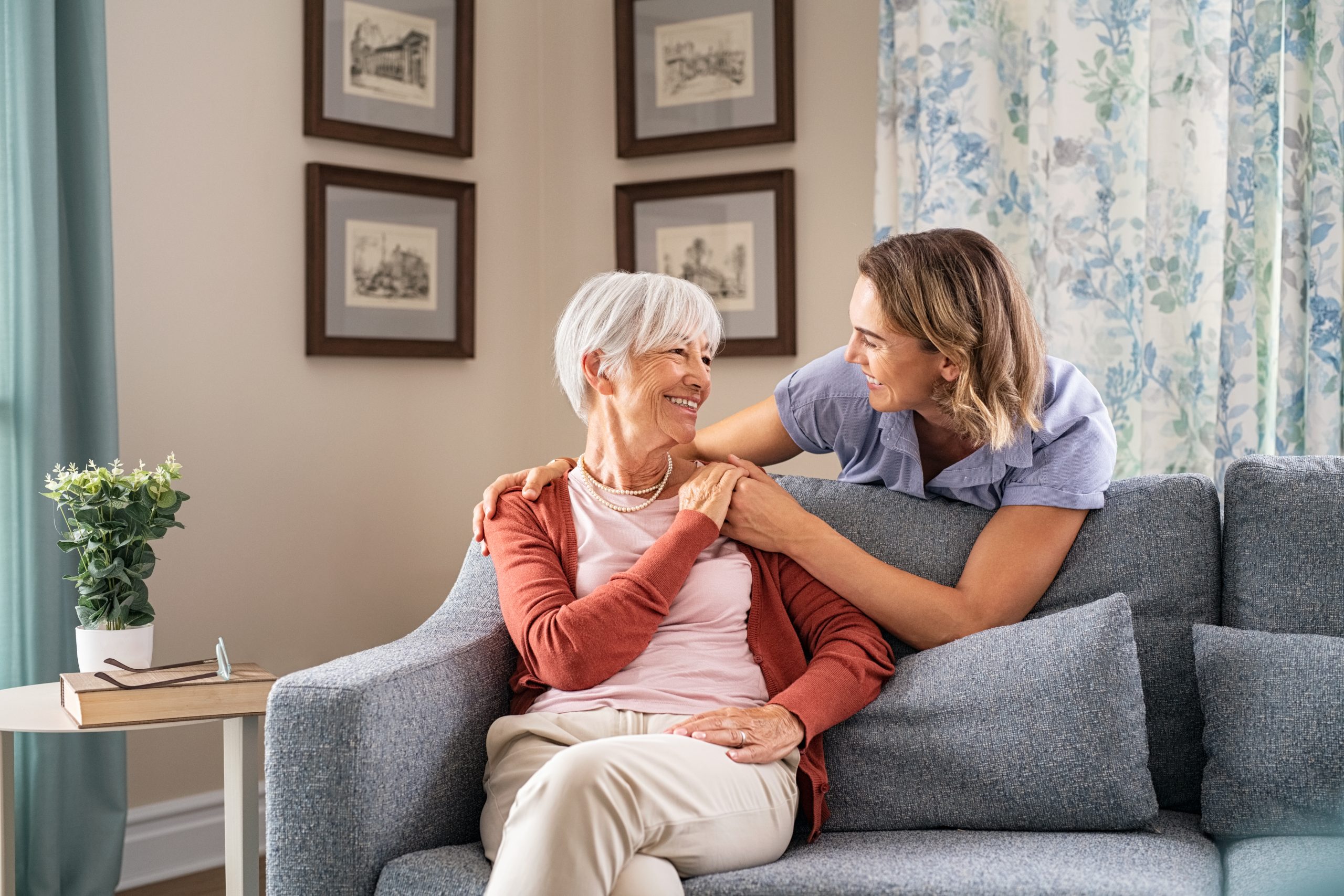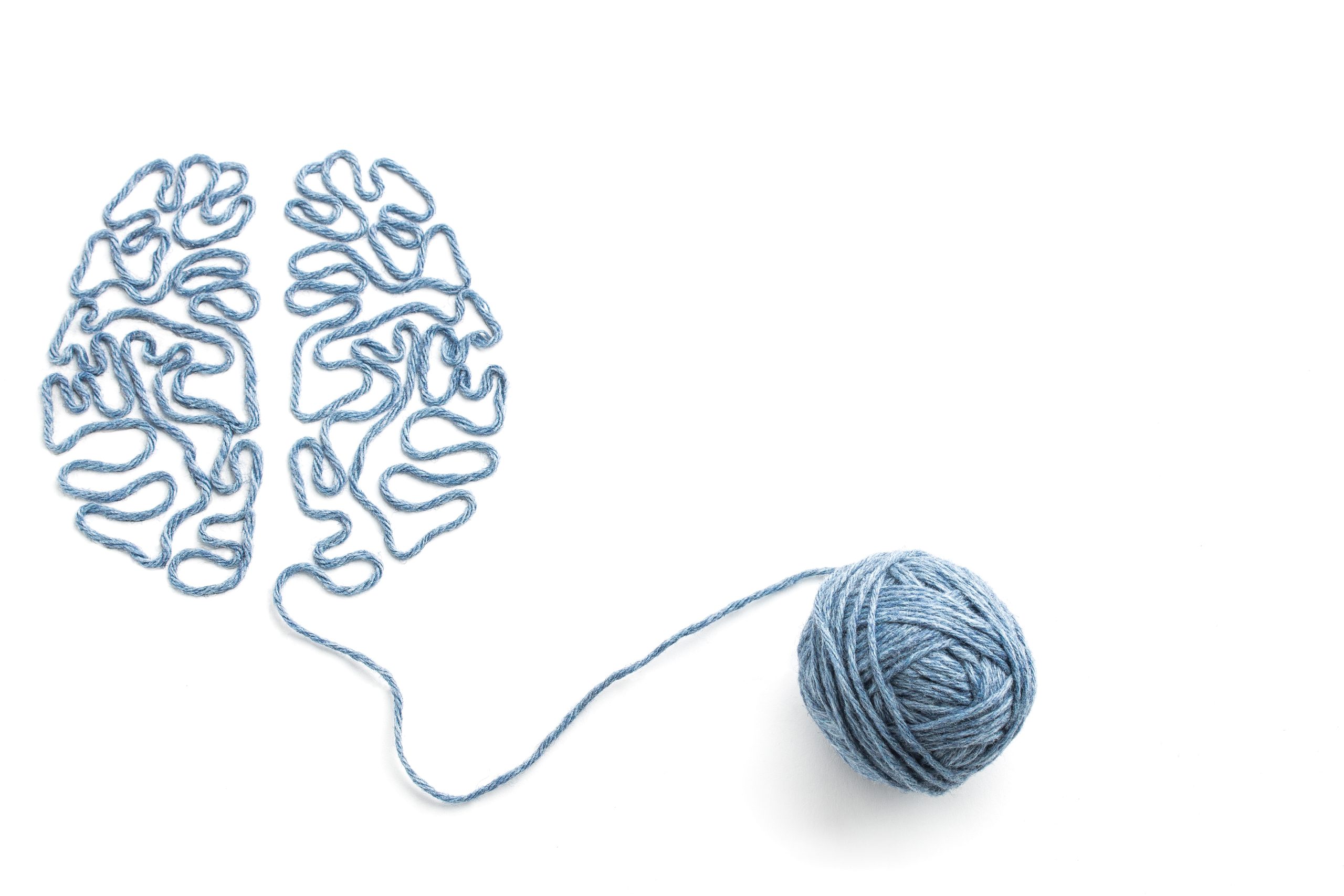Care at Home
ASHLEIGH FOX'S THOUGHTS
Care at Home
Table of contents
It is a well-known fact in the health sector that people’s recovery from most physical health-related issues is of higher speed and quality when in their home environment.
Having recently had some time to think about this concept, I reflected on our mental health sub-sector and started to think about how this mindset could be tangibly replicated amongst ourselves as professionals.
We are still at a point where thousands of people are currently detained in environments that are totally out of context of their day-to-day lives – many of whom, as we know, are ready to be discharged following treatment in hospital. It begs the questions:
Is there anything we can do more proactively to avoid people leaving their homes in the first place?
And secondly, how are we equipping ad supporting people for their new reality as they leave hospital?
Take a moment to think about your life as it is today
Take a moment to think about your life as it is today, against a backdrop of our post-pandemic world, and ask yourself these questions.
- How has this affected you personally? Did you feel the mental health impact of Covid-19?
- Did anybody close to you struggle mentally with what we’ve all been through?
- And what might happen if that mental health issue became unmanageable?
- What might life look like for you or your family if someone was admitted on to a mental health ward?
Now let’s think about people who already struggle with their mental health as a biological condition. Think about the impact of such huge changes in the world and what that means for the families we all support, and expect to fit within our “service-land” bubble.
Many of the people trapped in our mental health system (especially within the Transforming Care Agenda) have been outside of their personal context for considerable periods of time – on average, 5.5 years. And in effect, what we are asking them to do is to leave a very clinical (and frightening) environment and move back home into what likely will be a new house with a brand new team of clinicians (equally frightening) – sometimes, despite best intentions, quite far from their family home. That’s an incredibly difficult thing for anybody to do, regardless of having an additional mental health need.
Being cared for at home has incredible health benefits in general, and when it comes to mental health, it’s critical to feel comfortable where you are in order to expedite recovery. Hospital wards are busy, complex and, at times, scary environments – how can we expect people to leave without significant unintentional trauma caused?
Ultimately, the people who know their loved ones best are their families – those familial bonds are set from birth. Regardless of our clinical knowledge as professionals, we risk missing those finer details that would truly make a difference to people – families hold these keys.
Our collective goal should always be to keep families together, and whilst this isn’t always possible for various reasons, imagine a world where regardless of your health problem, our system championed physical and mental health being treated in our home context, with a dedicated team being led by people and their families. Imagine a world where if you were very unwell, the priority would be getting you support to recover at home in more comfort.
We know that there is a huge amount of work to do within our systems (and funding required) to work proactively to avoid admissions in the first place.
It’s a huge ask in difficult times, however, I wonder if we could each commit to working even harder to keep the families we support closer together, and speeding up the discharge process just like our colleagues in the acute medical environment?
Share This Story













 Go Back
Go Back




